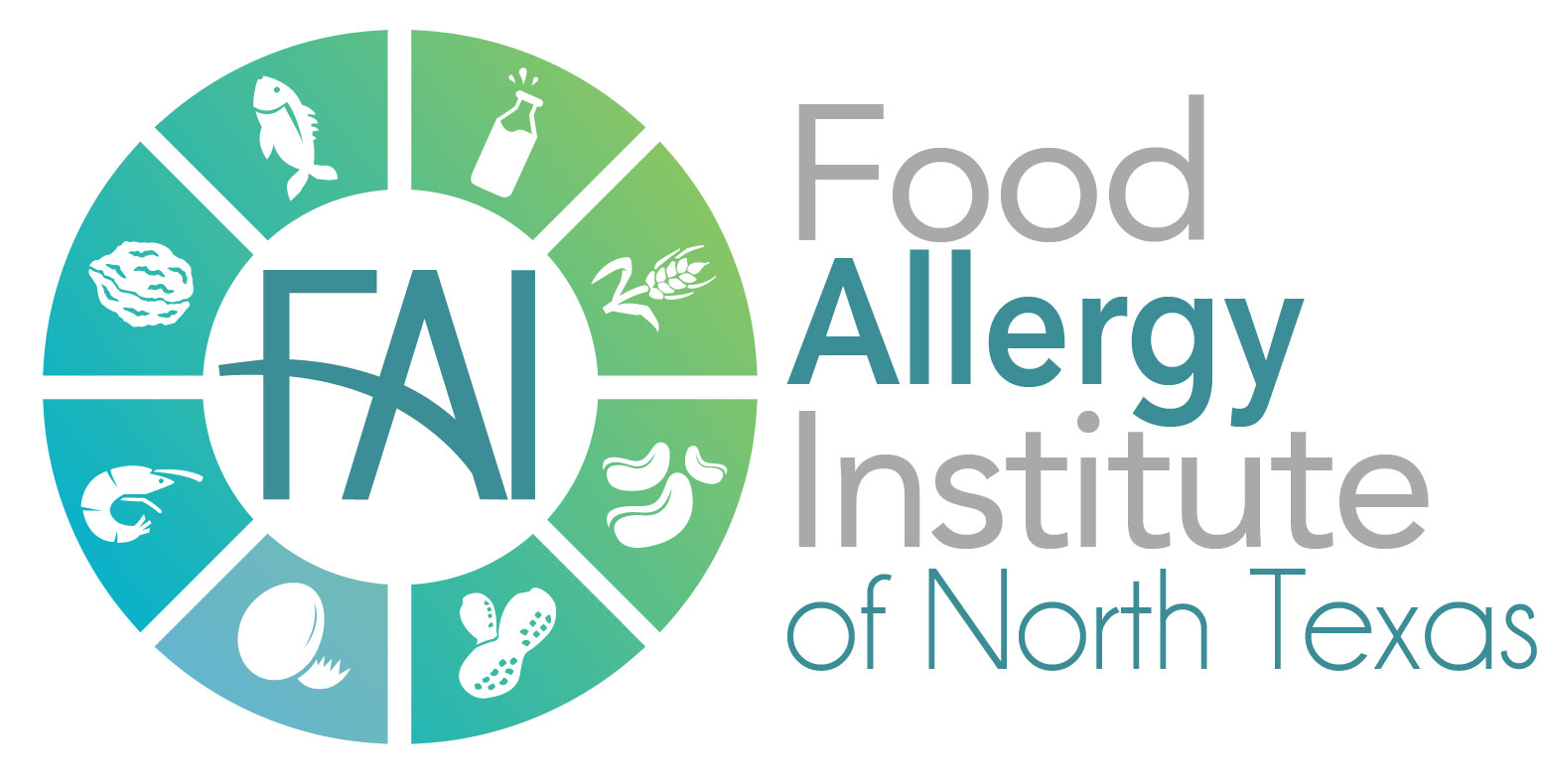29 Dec Considering Gluten Free?
A gluten-free diet is one of the fastest growing nutritional movements in America. According to the U.S. News and World Report, nearly 15-25% of consumers seek gluten-free products with sales reaching $6 billion in 2015.
You might ask yourself if a gluten-free diet is appropriate for you. What are the factors to think about before trying this approach? Consider the following points before you start eliminating gluten from your diet.
1. Gluten-free diets are not always healthier
Many individuals who switch over to a gluten free diet will begin eliminating fast foods, processed foods, and refined grains from their diets and will cook and eat more at home. These healthier habits might make one feel better, not the gluten-elimination.
While gluten elimination is necessary for some individuals, adopting this approach for a healthier lifestyle may be misguided as nutritional deficiencies can occur. Your first step is to ask your doctor or a dietitian if a gluten-free diet is appropriate for you.
2. Is it really necessary?
A gluten-free lifestyle is very necessary for certain individuals. It is estimated that 1 in every 133 people have celiac disease, many of whom are undiagnosed. An additional 4% have wheat allergies and the National Foundation for Celiac Awareness estimates that 18 million Americans have non-celiac gluten sensitivities. There is also a great deal of evidence supporting gluten-free diets for individuals with autism and attention deficit disorders. For these populations, elimination of wheat and/or gluten (wheat, rye and barley) is critical.
3. Gluten reduction doesn’t equal weight reduction
Gluten elimination does not mean lower carbohydrate and/or lower calorie.
Be cautious of choosing this approach for weight loss reasons, as it is not an effective way to lose weight. In fact, many celiac individuals who eliminate gluten will begin gaining weight as their bodies become more efficient at absorbing nutrients.
4. Watch for hidden sources
Aside from the obvious sources of gluten, such as breads and pastas, there are many other foods and medications that contain gluten. Some of them include: soy sauce, licorice, imitation meat/seafood, beer, soups, sauces, luncheon meats, and more. Many dietary supplements and medications also contain gluten. It is therefore important to always read a food label for: wheat, rye, or barley.
Cross contamination with gluten either at home, in a restaurant, or a production line must also be considered. When eating out, ask lots of questions and do your homework when choosing a safe option. At home, ensure there is no cross contact or contamination with cooking and eating surfaces. At school or work settings, ensure that others know about your gluten-free lifestyle and spend time educating others on how to keep your environment safe.
5. Replacing missing nutrients
Gluten-containing foods are often rich in: B-vitamins, iron, calcium, and fiber. Many gluten-free options are refined and lacking these key nutrients. Some companies, however, are enriching their gluten-free products with iron and B-vitamins to the same levels as their gluten-containing counterparts. Choosing these enriched options is a good way to prevent nutrient deficiencies.
Before adopting any dietary approach, it is important to educate yourself and question whether or not it is necessary for you. Seeking guidance from a Registered Dietitian is a great place to start.


